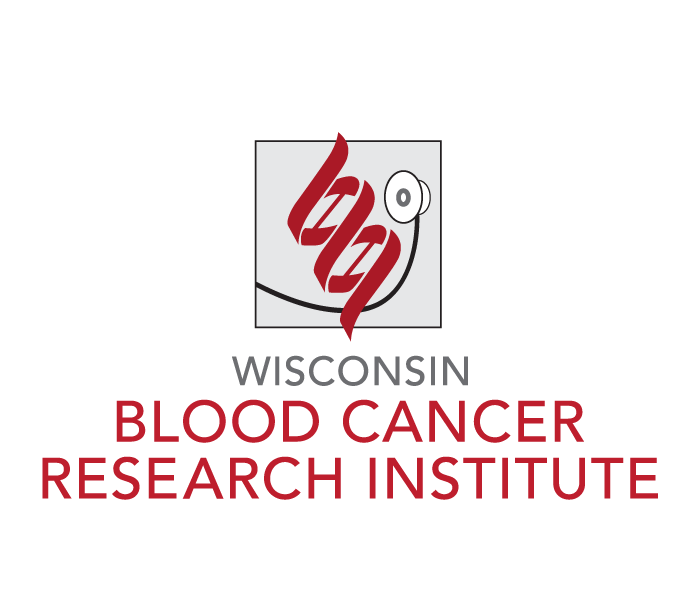M. Suresh, DVM, MVSc., Ph.D
Associate Dean for Research and Graduate Education
John E Butler Professor of Comparative and Mucosal Immunology
Department of Pathobiological Sciences
Dr. Suresh’s research aims to understand the mechanisms underlying the regulation of CD8 and CD4 T cell memory and protective immunity to viral pathogens. Dr. Suresh is a veterinarian with extensive training in basic virology and immunology, which has allowed him to study host/pathogen interactions from the standpoint of the development of protective immunity and viral pathogenesis and cancer immunotherapy. Dr. Suresh has ~33 years of experience in infectious disease research, and 28 years in studying antigen-specific CD8 and CD4 T cell responses in rodents. The research focus of Dr. Suresh group is to understand the signaling networks and transcriptional control of T cell homeostasis and effector and memory CD8/CD4 T cell differentiation. Specifically, Dr. Suresh has investigated the role of PI3K/AKT/FoxO signaling pathway in regulating the differentiation of effector and memory CD8 T cells (Kim et al 2012, Sullivan et al. 2012, Sullivan et al. 2012, and Tejera et al. 2013). Further, Dr. Suresh’s group has published extensively on the role of the cyclin-dependent kinase (CDK) inhibitor p27Kip1 in regulating the quality and quantity of CD8 and CD4 T cell memory (Singh et al. 2010, Jatzek et al. 2012 and Jatzek et al. 2013). In recent years, Dr. Suresh’s research has expanded to elucidate the tenets of pulmonary T cell immunity and develop vaccine strategies to elicit potent, durable tissue-resident memory T cells in lungs to protect against respiratory viruses, including influenza A virus and SARS-CoV-2 (Marinaik et al. 2020; Lee et al. 2021 and Kingstad-Bakke et al, 2021, 2022).
Publications:
https://www.ncbi.nlm.nih.gov/myncbi/marulasiddappa.suresh.1/bibliography/public/



